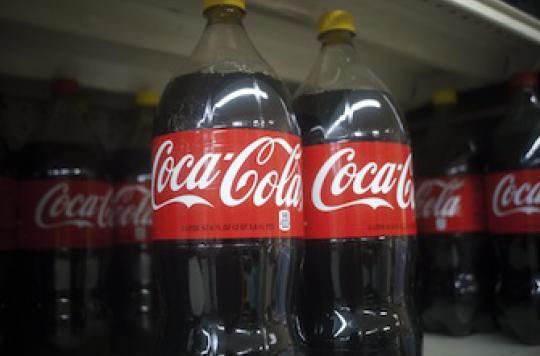This drop in the number of obese and overweight people would particularly affect young adults.

Taxing more, to drink less sugary drinks, is it really effective? British scientists at the universities of Oxford and Reading have sought to find out what effects a tax on sugary drinks could have on the health of their fellow citizens. This study published on the British Medical Journal shows that a 20% tax would reduce the number of obese UK adults by 1.3%, or 180,000 people, and even by 0.9% the number of overweight adults (285,000 people).
If these results may appear modest, the authors specify that it is people aged 16 to 29 – that is to say those who consume the most sodas and other very sweet drinks – who would be the most affected by this tax. The study also shows that the effects of such a tax would be the same regardless of the income of drinkers of coca, lemonades and other very sweet drinks.
The study concludes that if the soda tax is “a promising measure for people suffering from obesity, particularly young adults” it adds that this tax “is not a panacea” and that further analysis will be necessary to clarify the level of soda consumption in the UK.
In France, a soda tax has existed since 1er January 2012. It would have resulted, according to Le Figaro, an increase in selling prices of up to 25% for private labels, between 4 to 9% depending on the products for brands like Coca-Cola. On average, the soda tax increased the price of soda bottles by 10 cents and cans by 2 cents.
Regular consumption of high-sugar drinks increases the risk of obesity, diabetes, and oral diseases.
.

















